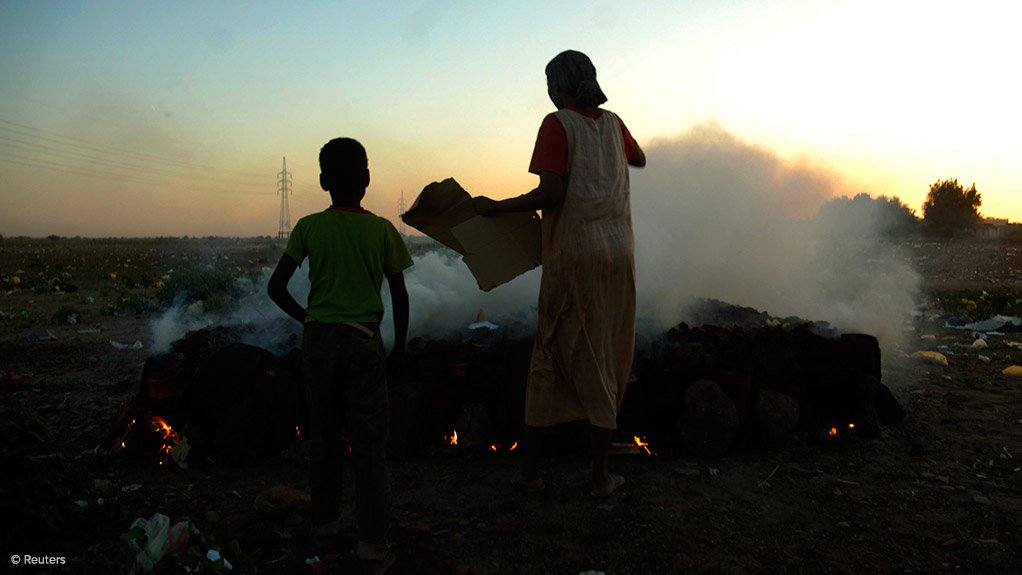Economic growth is set to rise for the next two years in sub-Saharan Africa, but not enough to make a significant dent in poverty on the continent, the World Bank said in a report on Monday.
The region's economy is set to expand 3.4% this year and 3.8% in 2024 as falling inflation boosts private consumption, up from 2.4% in 2023, the World Bank said in its biannual Africa's Pulse report.
Many countries in sub-Saharan Africa were hit hard by the shocks of Covid-19 and Russia's war in Ukraine, which pushed up inflation at the same time as rising global interest rates made borrowing prohibitively expensive. Drought and conflict have also affected swathes of the region.
"Growth is set to bounce back in sub-Saharan Africa but the recovery is still fragile," the report said. "The pace of economic expansion in the region remains slow and insufficient to have a significant effect on poverty reduction."
"Per capita GDP growth of 1% is associated with poverty reduction of only 1% in the region, compared to 2.5% in the rest of the world."
South Africa's growth rate is forecast to double in 2024, but just to 1.2%, while Angola's is set to pick up to 2.8% from 0.8% last year, driven mainly by the non-oil sector amid falling oil production.
The East African Community region, in contrast, is expected to grow 5.3% this year, due to strong growth in Kenya, Rwanda, Uganda and the Democratic Republic of Congo.
West Africa's biggest economy, Nigeria, is forecast to grow 3.3% this year, below its long-term average.
Zambia defaulted on its external debt in 2020, followed by Ghana in 2022 and Ethiopia late last year.
Sub-Saharan Africa's public debt-to-GDP ratio is forecast to fall from 61% in 2023 to 57% this year, but more than half of countries are still in or at high risk of debt distress, the report said.
It noted that external borrowing was still more expensive than before the pandemic, despite costs starting to fall.
"Typically when countries are in these situations, another big shock could send a lot of these countries into these types of financial crises and therefore default," Andrew Dabalen, the World Bank's chief Africa economist, said in a press briefing, but added, "We can't tell if there's going to be another default or not."
EMAIL THIS ARTICLE SAVE THIS ARTICLE
To subscribe email subscriptions@creamermedia.co.za or click here
To advertise email advertising@creamermedia.co.za or click here











